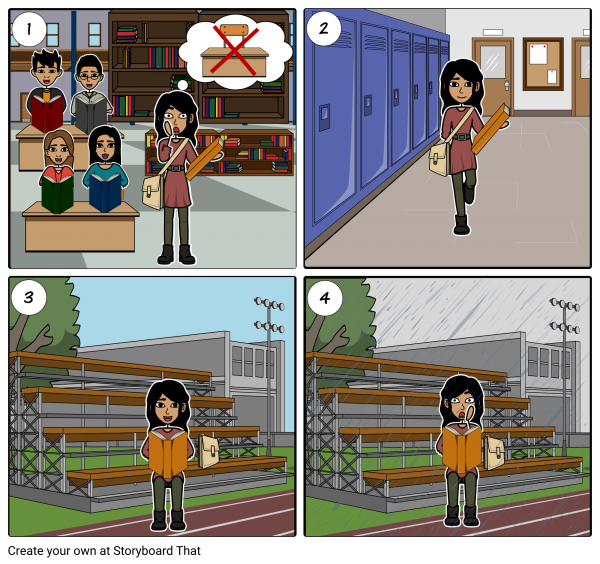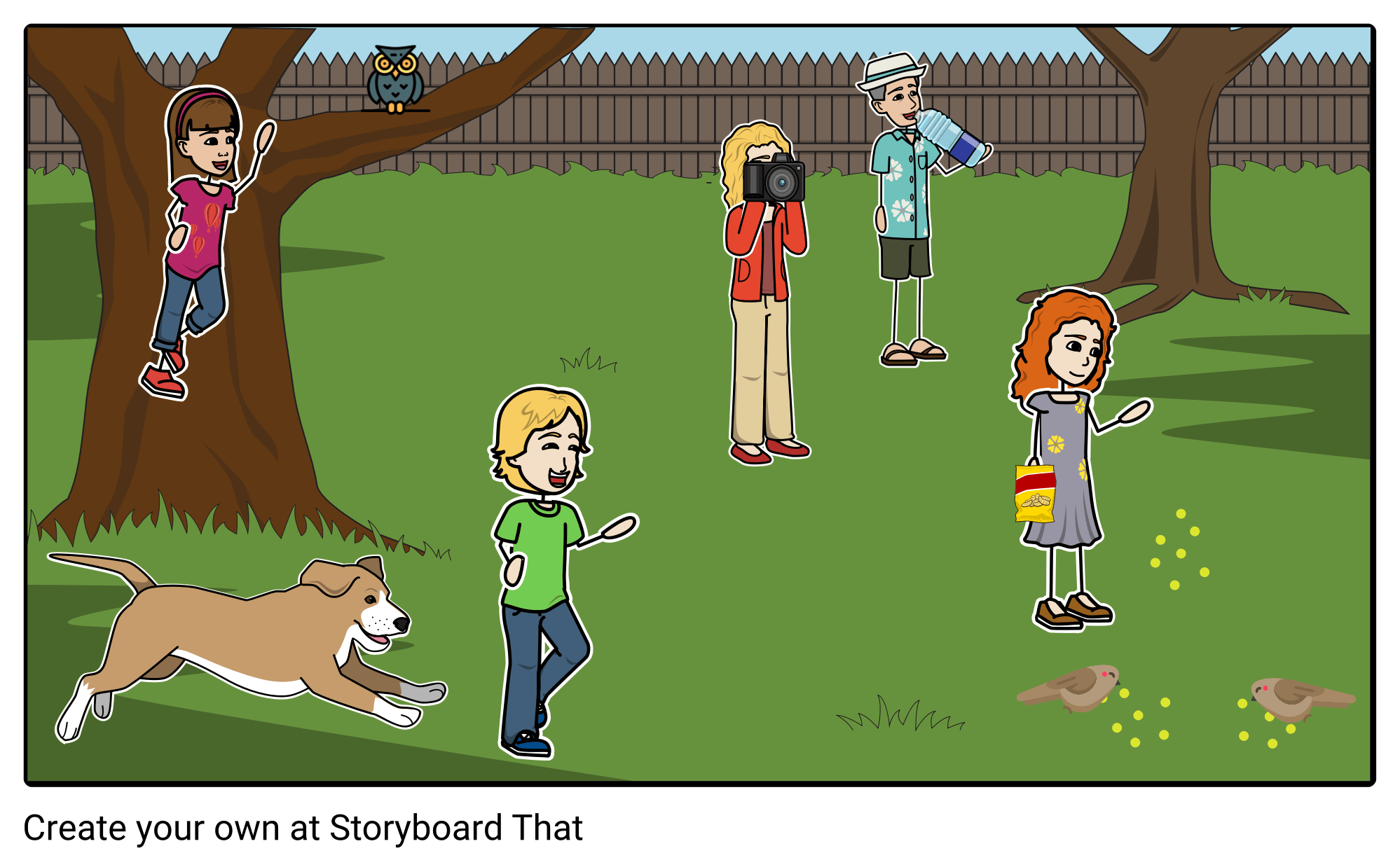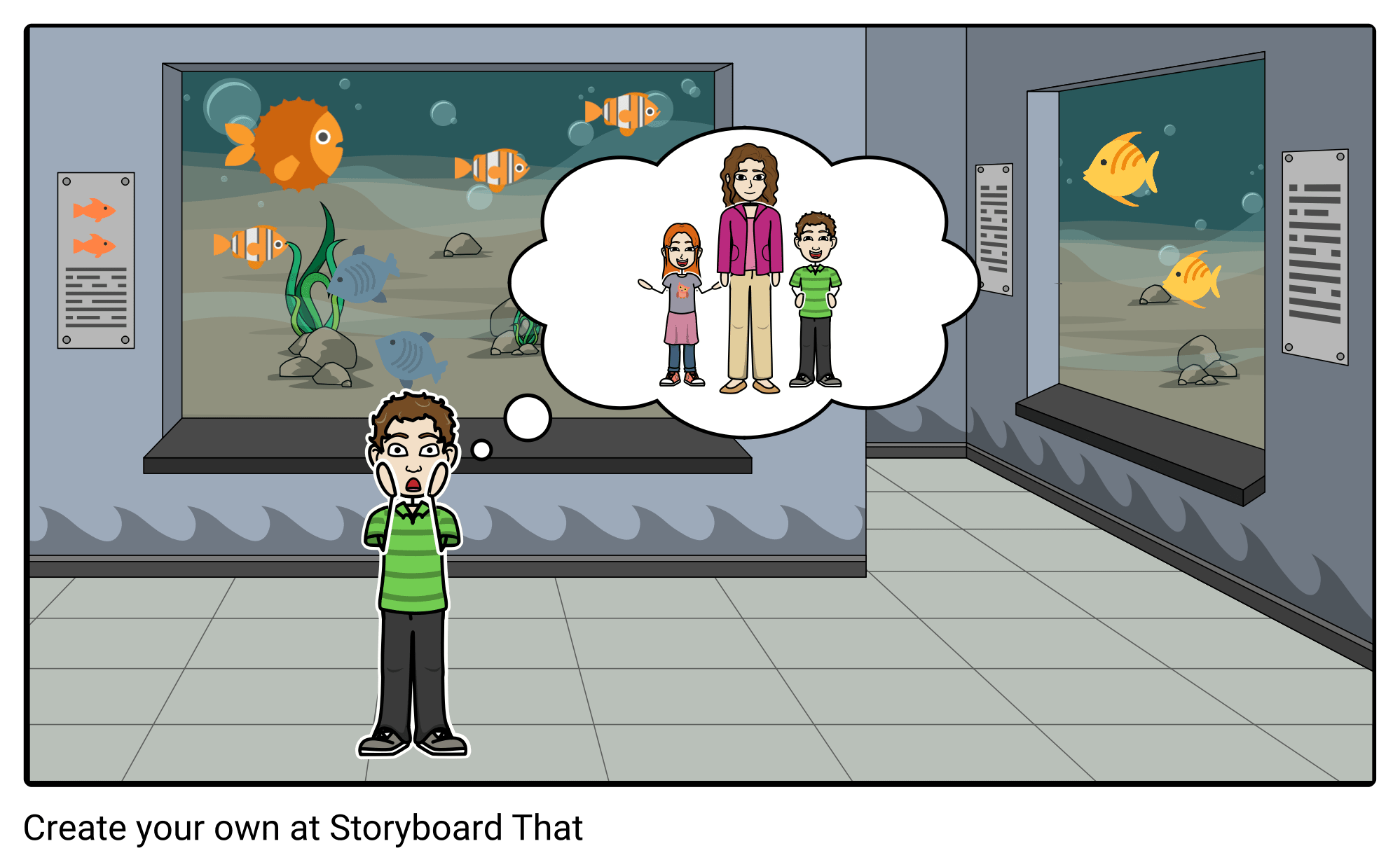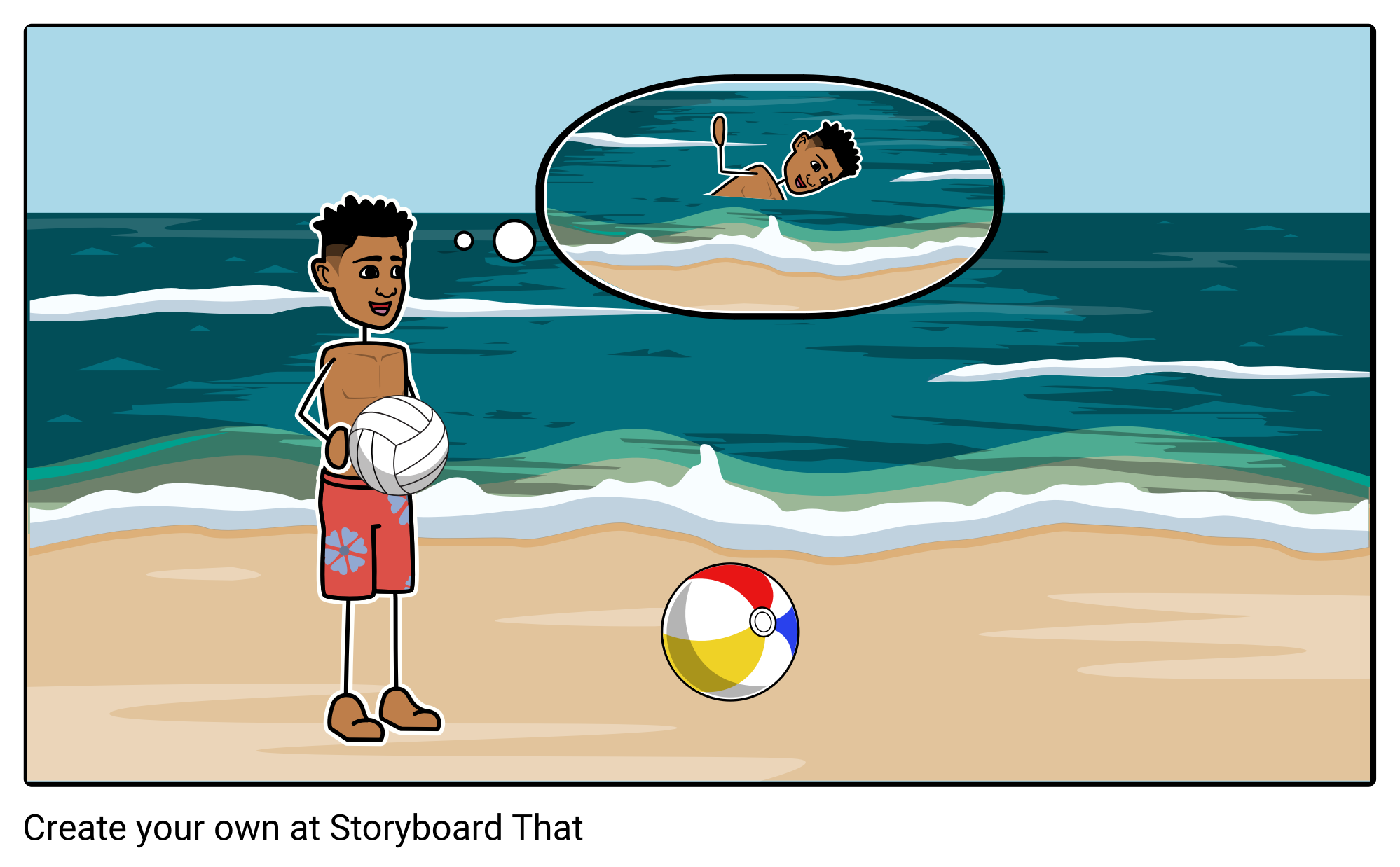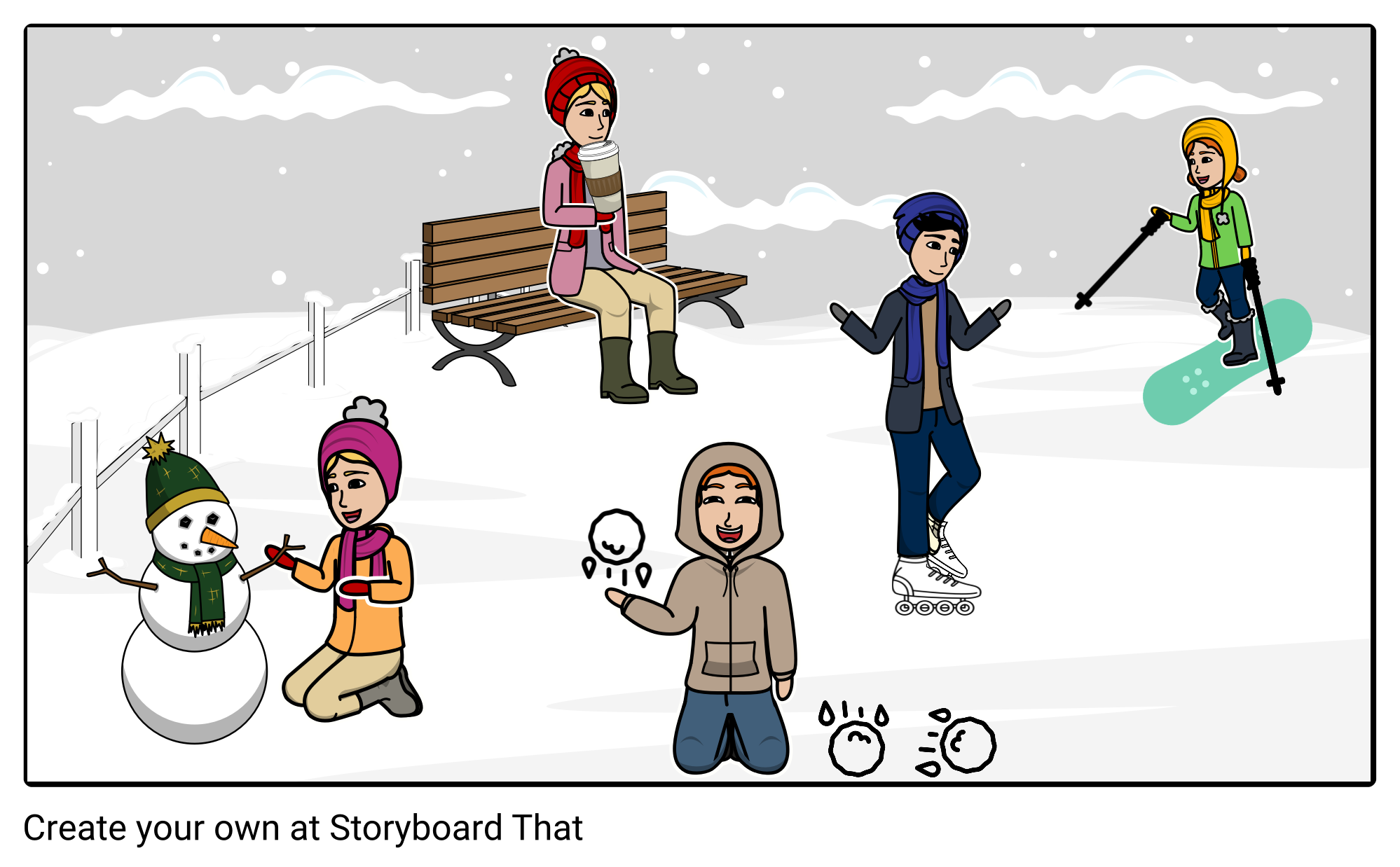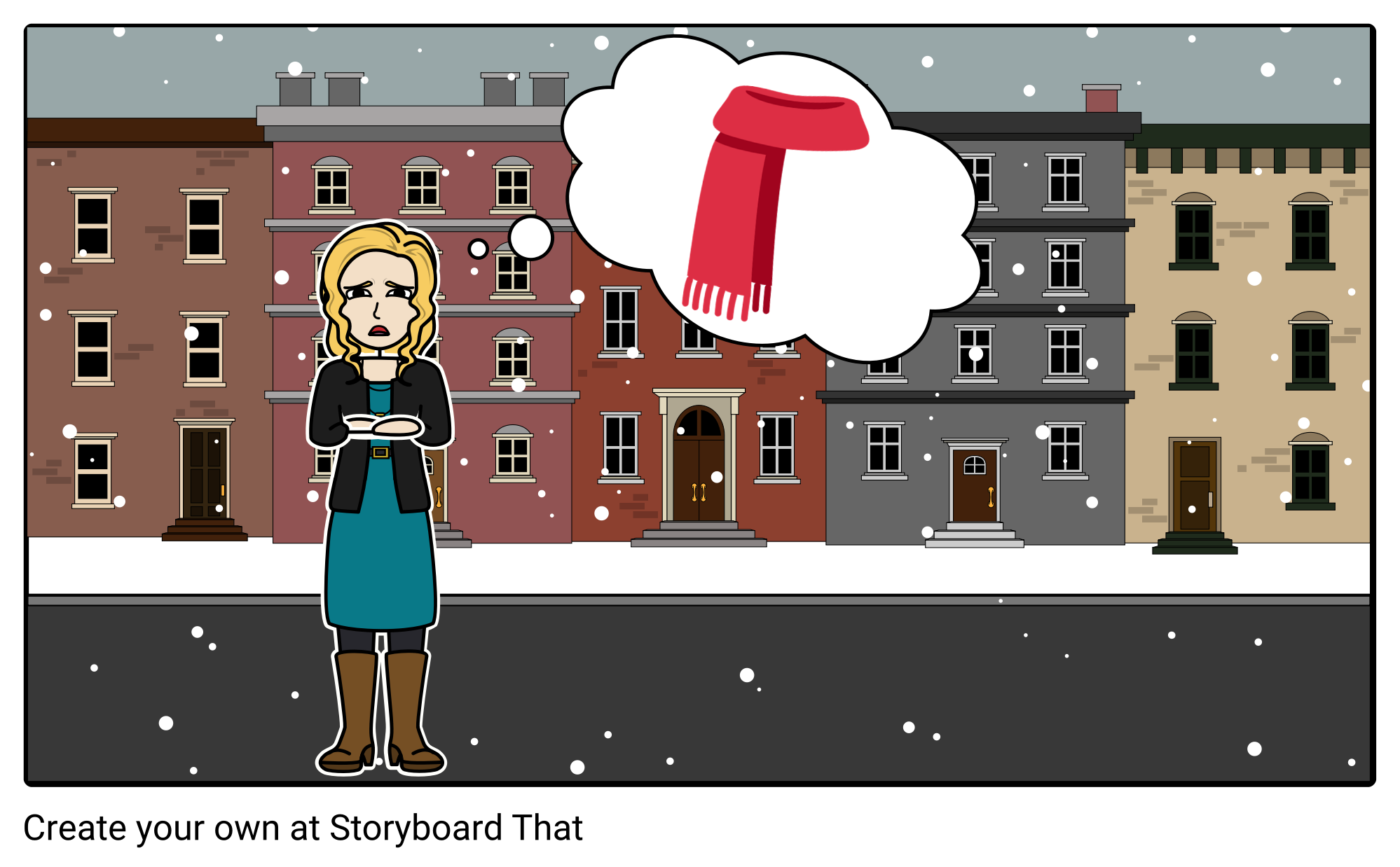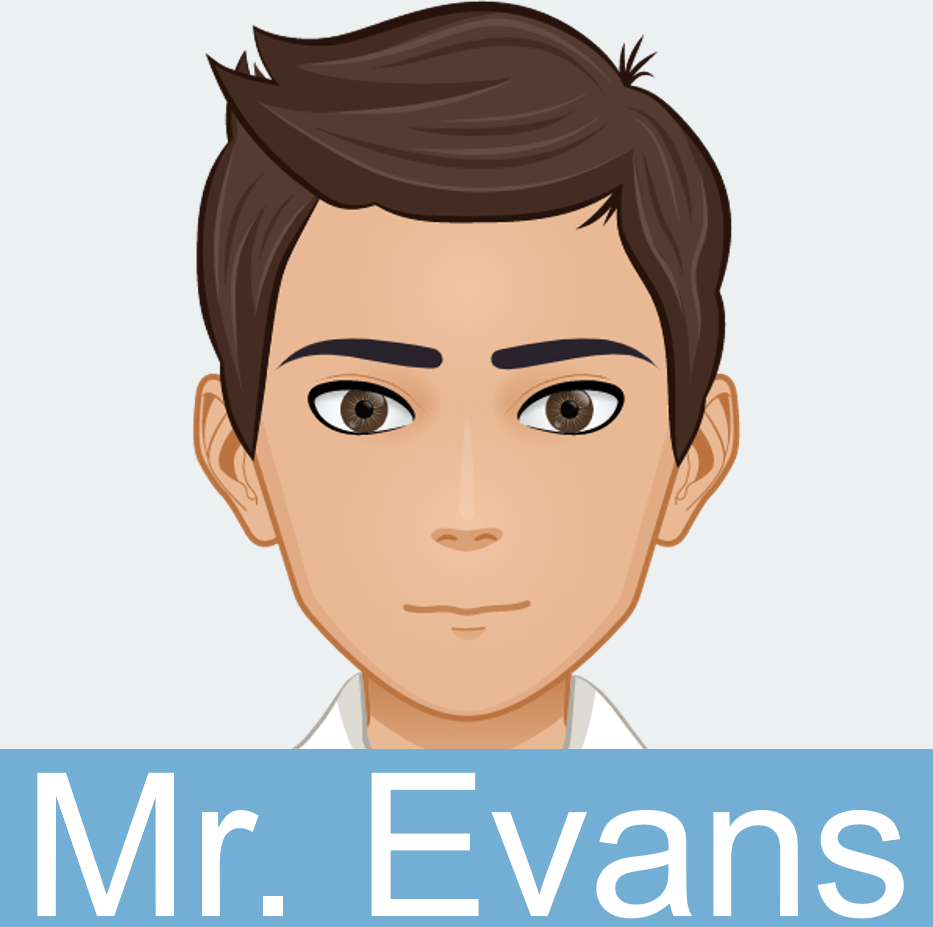In this lesson, you will practice reading passages and answering questions.
Please read the passage below silently for 20 seconds.
Then, please read aloud the passage starting from the title.
I will correct your pronunciation as you read.
Chocolate
A lot of people like eating chocolate. They often eat chocolate after eating lunch or dinner. There are white, brown, and dark chocolates. Chocolates are sweet, so many people like it.
Please look at the passage. Why do many people like chocolates?
Please read the passage below silently for 20 seconds.
Then, please read aloud the passage starting from the title.
I will correct your pronunciation as you read.
New Year’s Eve
New year’s eve is a famous holiday. People prepare different kinds of food to eat with their family. Many people are excited about the coming year, so they have parties in the last night of the year.
Please look at the passage. Why do many people have parties in the last night of the year?
Please read the passage below silently for 20 seconds.
Then, please read aloud the passage starting from the title.
I will correct your pronunciation as you read.
Going to a Park
Many people like going to a park. People can do many things there like walking or running. A park has a lot of trees, so it is a nice place to walk or run.
Please look at the passage. Why is a park a nice place to walk or run?
Please read the passage below silently for 20 seconds.
Then, please read aloud the passage starting from the title.
I will correct your pronunciation as you read.
Taking Pictures
Many people often take pictures of food and places. They also enjoy taking pictures with other people. Many people like taking pictures, so they always have their cameras with them.
Please look at the passage. Why do many people always have their cameras with them?
Please read the passage below silently for 20 seconds.
Then, please read aloud the passage starting from the title.
I will correct your pronunciation as you read.
Dictionary
A dictionary helps people studying different languages. They can easily look for words that they do not understand. It helps people understand new words, so they bring a dictionary all the time.
Please look at the passage. Why do people bring dictionary all the time?
Please read the passage below silently for 20 seconds.
Then, please read aloud the passage starting from the title.
I will correct your pronunciation as you read.
Supermarkets
A lot of people like going to supermarkets. They often go there with their family or friends. People buy food and things they need at home, so some people go to supermarkets every weekend.
Please look at the passage. Why do some people go to supermarkets every weekend?
Please read the passage below silently for 20 seconds.
Then, please read aloud the passage starting from the title.
I will correct your pronunciation as you read.
Riding a Bus
Today, a lot of students ride a bus. It is one way to go to school. Riding a bus is cheap and fast, so most students choose to ride a bus.
Please look at the passage. Why do most students choose to ride a bus?


 Hello, Alice. How was your vacation? Is your grandparents’ new house beautiful?
Hello, Alice. How was your vacation? Is your grandparents’ new house beautiful?
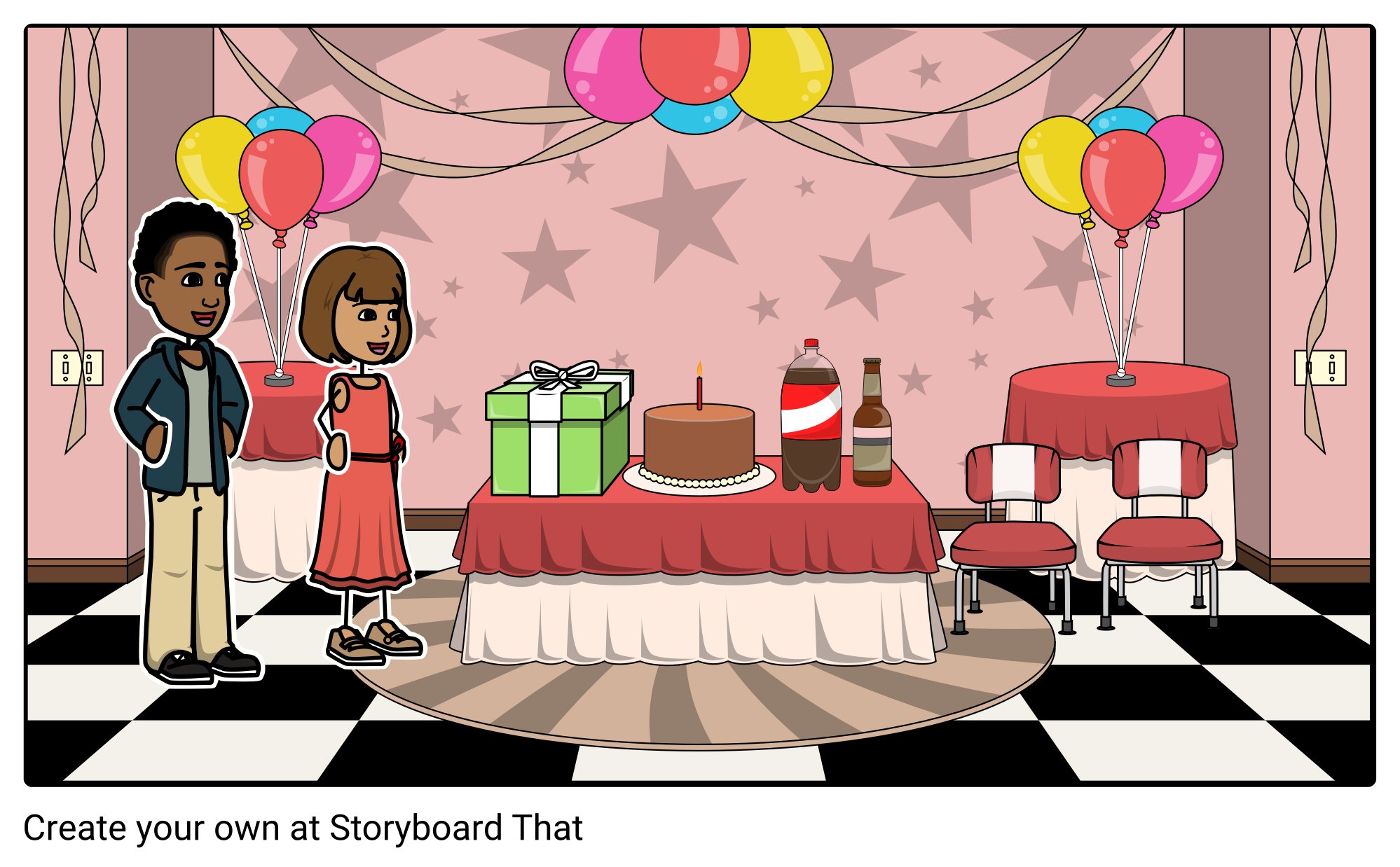
 GOOD
GOOD 

